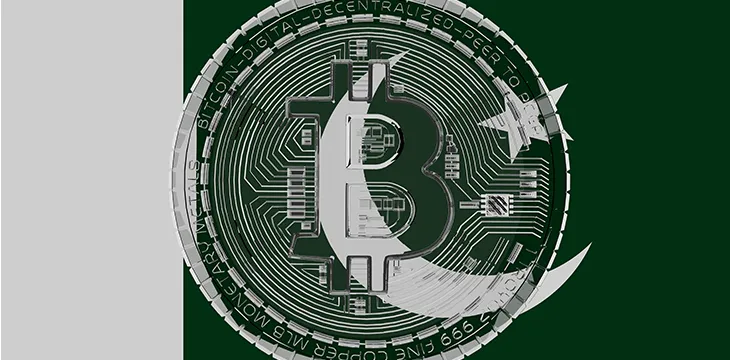|
Getting your Trinity Audio player ready...
|
Digital currencies could soon be declared illegal in Pakistan, a new report has revealed. The country’s central bank has submitted a report to a provincial court proposing a blanket ban as it claims to be concerned about the use of digital currencies in illicit activities. The report cited a recent $100 million BTC scam involving Binance cryptocurrency exchange as one of the instances causing concern to regulators.
According to a report by local TV network Samaa, the State Bank of Pakistan recently submitted the report recommending the ban to the Sindh High Court. In addition to a blanket ban, the central bank recommended tough penalties for digital currency exchanges.
The State Bank has been anti-BTC for years and has warned against using them as legal tender in the country. However, as the report observes, this is the first time that the bank has taken a clear position on the issue and asked for a total ban.
The latest action started with the Sindh court asking the federal government to form a committee to determine the status of digital currencies in October 2021. It directed the Federal Secretary of Finance to head the committee.
This committee has now requested the government to totally ban digital currencies. One of the biggest concerns for the committee, as per its report, is the use of digital assets in crime. Pakistan is already on the gray list of the Financial Action Task Force (FATF) for its lax money laundering laws. The committee believes that stamping out digital currencies would be a good start towards getting back on the FATF’s good books.
According to Samaa, the report cited some specific cases that have made the committee even more resolute against digital assets. One of these is the recent $100 million BTC scam that affected over 30,000 Pakistani investors. Binance is being probed for its role in the scam.
The Sindh court has requested that the report be forwarded to the Ministries of Law and Finance to decide whether the country should ban digital currencies. The two ministries have also been requested to determine if banning BTC would be within constitutional rights. If so, they should establish a legal framework that will outlaw digital currencies.
The decision by the State Bank goes against a petition before the Sindh Court—the same petition that stirred the waters in the first place—by Waqar Zaka, a TV personality and digital currency entrepreneur.
Zaka had asked the court to declare digital currencies legal as many Pakistani investors were putting their money into the industry. Some estimates put the size of the local sector at over $20 billion. The Chainalysis Global Crypto Adoption Index ranked Pakistan third globally for adoption, just behind Vietnam and India, respectively.
Local stakeholders have spoken out against the recommendation, saying it would be a grave mistake to wipe out the industry before it has even found its feet.
“The mindset if something is going wrong is to simply ban it. Rather than trying to figure out the background, more often than not they go for a ban before going through the process. You can’t ban digital currencies,” Majyd Aziz, the former president of the Karachi Chamber of Commerce and Industry, commented.
Watch: CoinGeek New York presentation, Digital Currency as a Tool for Financial Inclusion
https://www.youtube.com/watch?v=wGw6rBv7nlc&t=17752s

 07-06-2025
07-06-2025 





